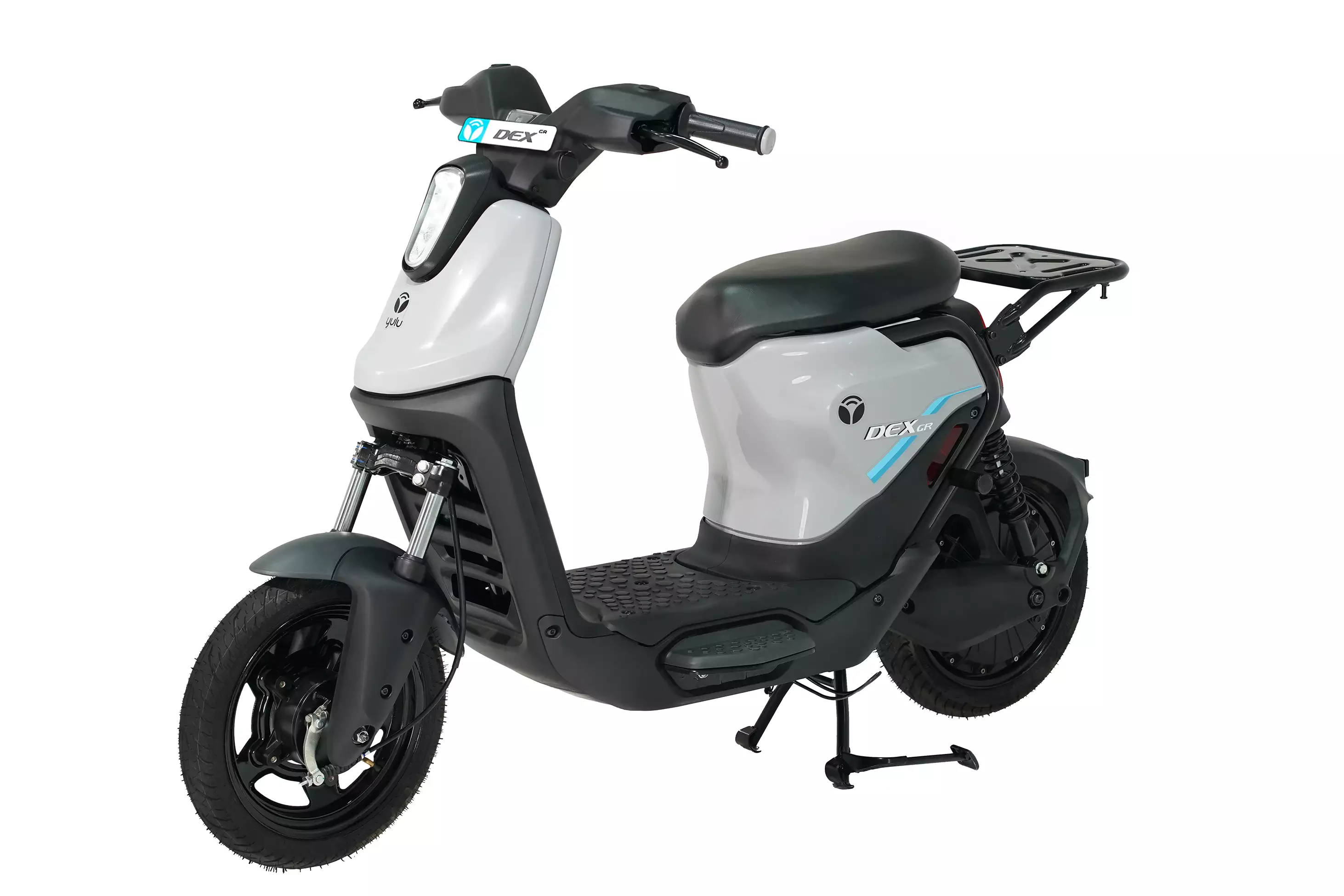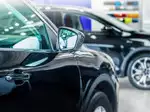Yulu plans global ride with Bajaj, India remains top priority

Yulu has pressed the pause button on its overseas plans and may consider reviving them once its mid-speed product with Bajaj Auto is ready in 2025.
“We carried out pilots overseas and realised that we need a higher speed vehicle for the ASEAN region. A low-speed product is not workable and we will look at this plan in the second half of next year. The market is there for sure and it is up to us to meet the challenge,” Amit Gupta, Co-founder and CEO of the Bengaluru-based mobility startup, told ETAuto.
According to him, the product being developed by Bajaj Auto (which has an 18.8% stake in Yulu) “may be better” as an option when it is finally ready for launch. The other obvious strength that the Pune-based company brings to the table is its formidable “backbone of partners” in ASEAN. This will be a big plus for Yulu in terms of accessing a network in an all-new region.
These allies include the likes of Kawasaki for regions like the Philippines as well as KTM of Austria (where Bajaj has a substantial stake) which is also eyeing ASEAN as a growth driver. If things do go according to plan, Yulu could then use the mid-speed product in countries like Taiwan, Vietnam and the Philippines where the gig worker ecosystem is in place as in the case of India where it is firing on all cylinders.
Quick commerce boom
Gupta, however, reiterated that the top priority for Yulu now was India. “Quick commerce is changing rapidly and that puts us in the driver’s seat,” he said. Yulu is perhaps the only entity that allows gig workers the opportunity to become delivery partners “thanks to our technology” coupled with the capabilities of its allies. By the end of the day, he added, it was important to create value for all stakeholders.
“Hyperlocal quick commerce is here to stay and the density of business will only go up in India,” continued Gupta. Despite this projected boom, short distances of 2-3 km will continue to stay and here is Yulu’s low-speed range comprising offerings like DeX will continue to be relevant. The Amazons and Flipkarts will, however, continue to use mid-speed options.
“We are more than six years into the business but there are huge opportunities ahead. The revenue engine is ultimately ours and we have a responsibility ahead to lead the transition to sustainable mobility. For us, it is about proving to ourselves and the world that this is not a fairy tale but a reality which is happening at a stage when we are seeing 100 X growth from here,” said Gupta.
Yulu has now become an integral part and “virtually a backbone” of quick commerce. “We believe that if we do not do our job well, quick commerce will suffer. However, if we get it right, the vision of everything coming to your doorstep in 15 minutes will become a reality. We have a huge opportunity ahead as a company to bring about this change,” he added.
Next scooter launch
Yulu is now preparing to launch a mid-speed electric scooter towards the end of this year. According to Gupta, this new offering is different and marks the “hard work of another OEM which has done a great job”. It has the same tech platform and the next couple of quarters will be “vital and help us understand more about getting a winning product eventually”.
This “new age” OEM has been working on the scooter for the last three years and Yulu chose this among 30 products that it had explored in the market. “They have really done a good job,” said Gupta.
Yulu needed a product to satiate the rapidly growing quick commerce space and then imbibe lessons from the market feedback that would follow. “We did not ask the current OEM to make changes because it would have invested more. We just sought out basic things and will then take things forward,” he explained.
This new age company “looks mature from a temperament perspective” and pays a lot of emphasis on quality. It is also “fussy” about what they do and focus more on commercial, rather than personal, use of products that they make. Gupta steered clear of divulging their name and only made known that this OEM “have a couple of products already in the market”.
With this new scooter, Yulu also intends to learn more about the customer segment as well as understand issues related to traffic violations. There would also be lessons to be learnt on the implications of violation tickets reaching the company which would then need to recover the amount from the customer.
Betting big on Bajaj
There is no question, however, that the bigger play will come from Bajaj Auto’s scooter which is scheduled to be ready next calendar. It is expected to be a mid speed 45 kmph offering and not a high speed scooter like those produced by Ather, Ola or Chetak which are twice as fast.
“Bajaj are perfectionists and, hopefully, in the mid to longterm we will have a winning product and migrate to that,” said Gupta. The partnership is working according to plan since the time it was firmed up over five years ago. The first generation was about assembly while the second focused on value addition.
Generation 3 would see a product being “100% made” by Bajaj Auto and the Yulu chief said the script has played out well where the time taken was longer initially first with things better now with mature platforms. “Playing with scale and quality makes a difference as we are seeing with Bajaj. There is always an advantage with a large player in terms of value, cost advantage, quality and consistency which are unparalleled,” said Gupta.
Going forward, Yulu will look for new opportunities like e-rickshaws even the opportunities in quick commerce. The company had also earlier experimented with personal mobility which saw the Wynn being launched in the market but this was later suspended since it required a lot of money to set things right. “When we complete our next funding, we will open up some of those options,” he said.
Level playing field
According to Gupta, the level playing field in electric will happen once subsidies are gradually withdrawn. “We are not one of those companies which wants to burn millions of dollars for market share. Come next year, the subsidies will reduce further and we will have a serious play over there,” he said.
People should think they are getting more value and it is only then that products like the Wynn will be reconsidered for the market. “We will retain the brand with sufficient value-addition,” he added. Gupta will have his hands full in the coming weeks and months with the new product launch this year and the bigger one from Bajaj Auto following suit in 2025.
To learn more about the electric vehicle ecosystem and meet the key industry leaders, click here.

